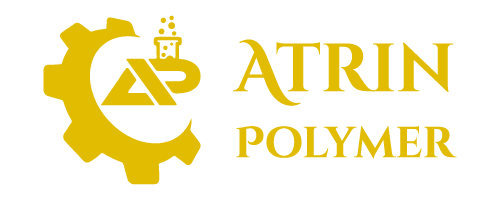Process Aid
The purpose of this product is to increase production efficiency and mechanical properties, including improving impactability and using more mineral fillers (carbonate, talc, etc.), which leads to maintaining the quality of the final product and reducing the final price. Stay with us to read more.
Impact modifier
Impact modifiers are added to many PVC compounds to increase the strength and impact resistance of the final products. So far, different groups of impact modifiers have been developed for different applications, and these additives increase the impact resistance of PVC products by different mechanisms.
In relation to the process aid and PVC impact modifier, you should also know that the process aids are among the additives that are used in the production of PVC-based products.
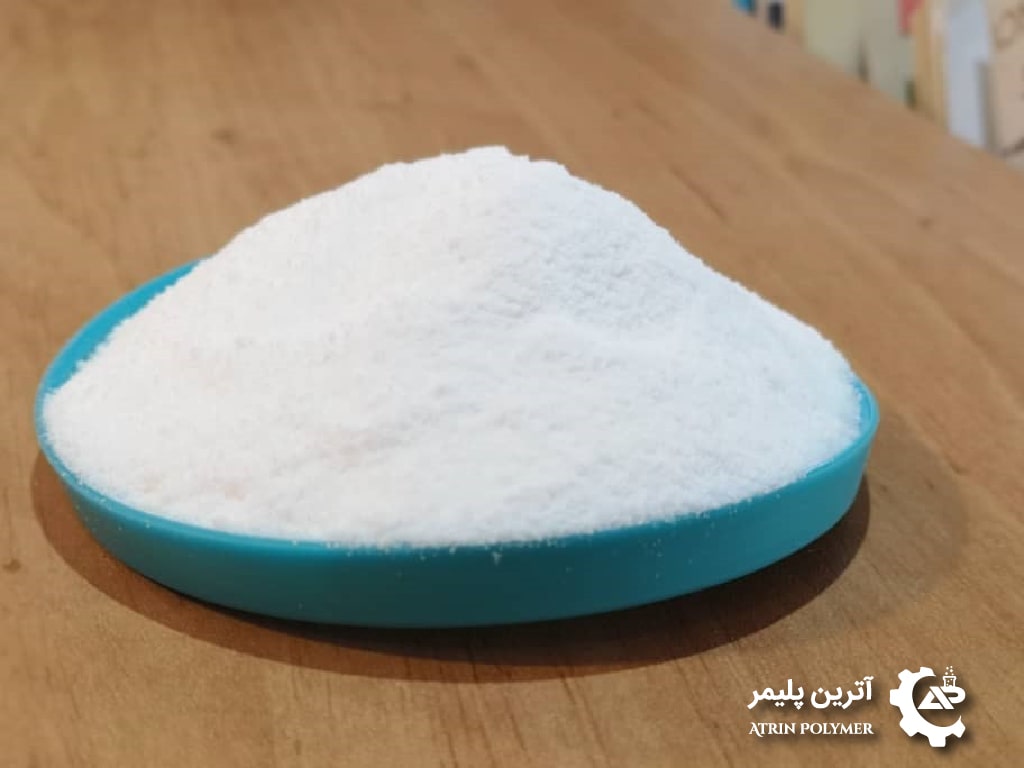
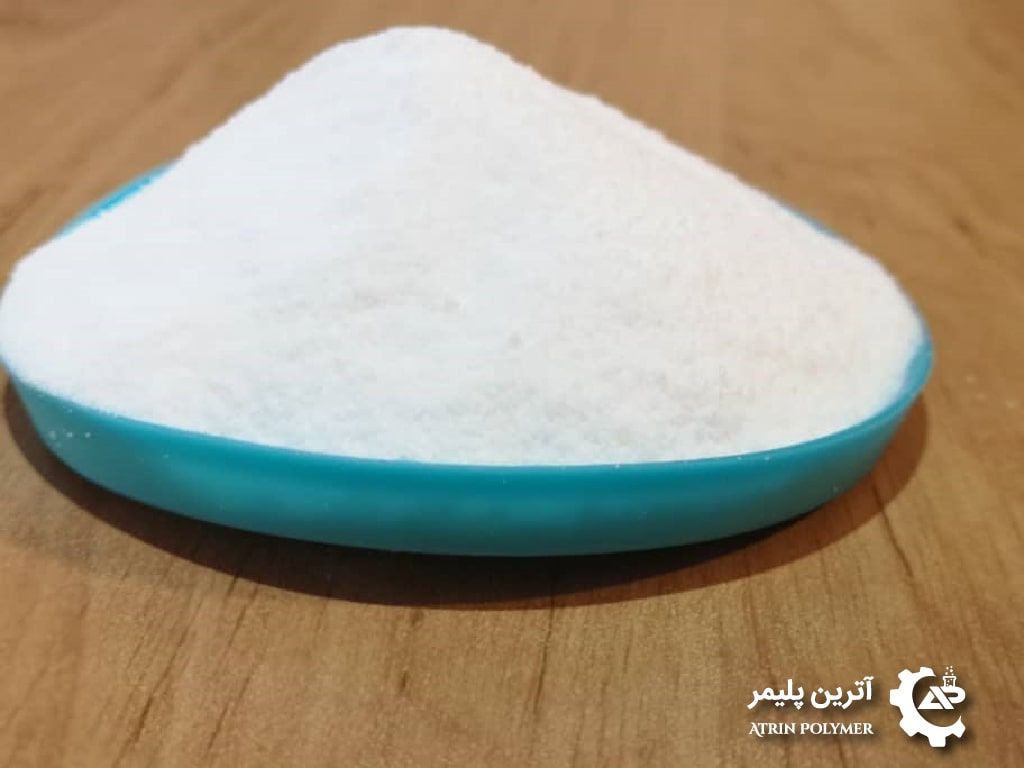
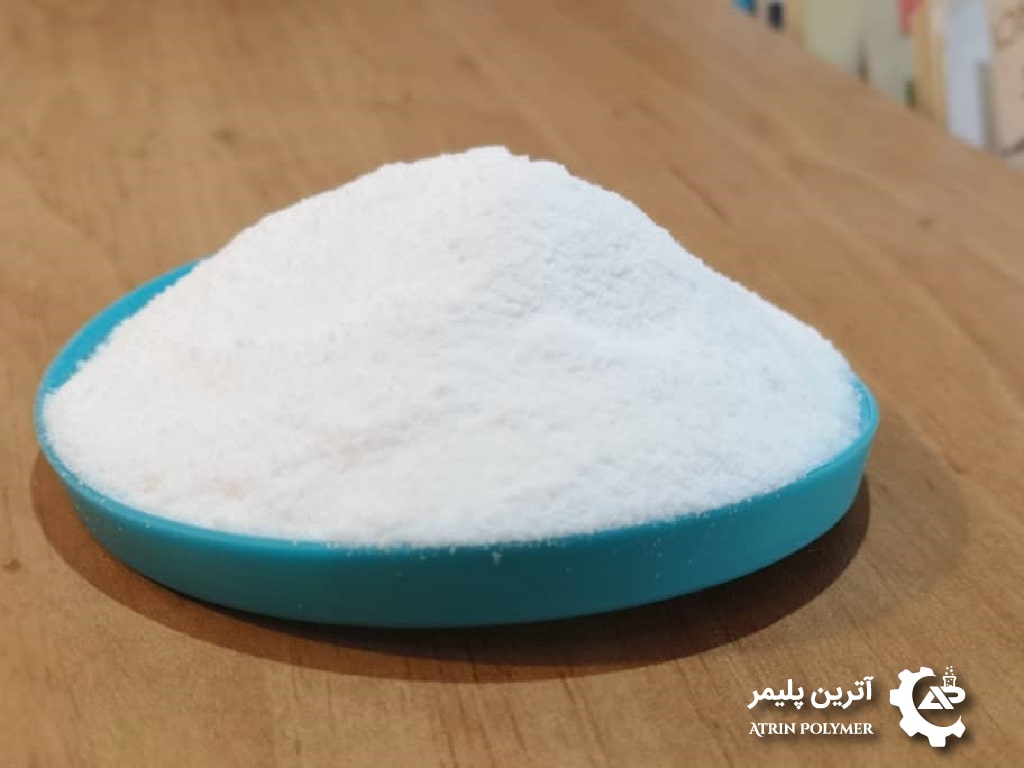
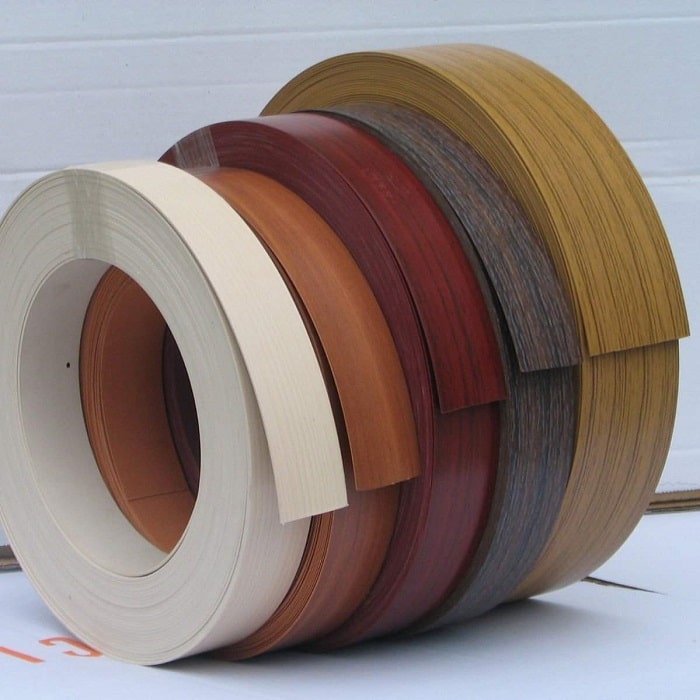
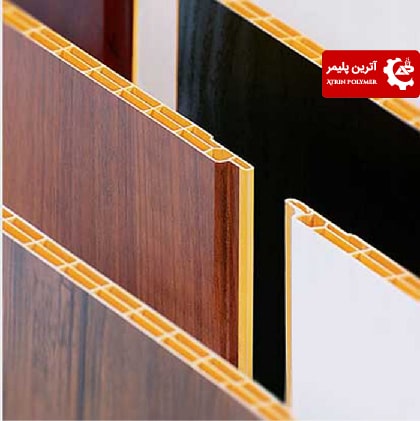
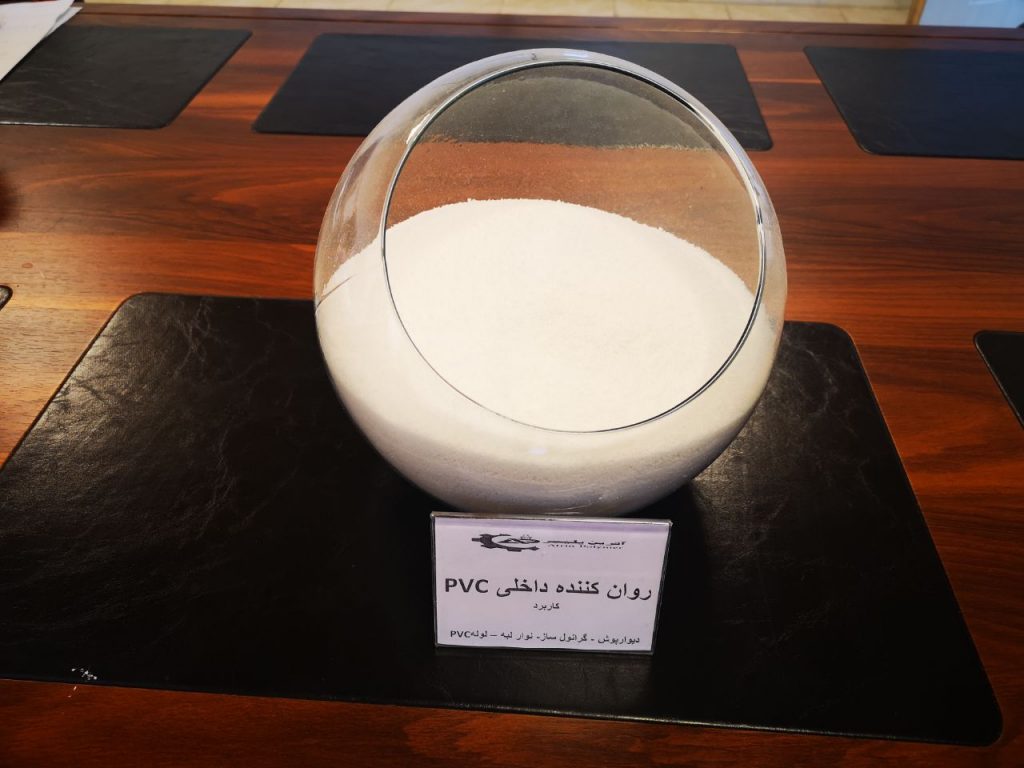
Therefore, you understand what is the general purpose of using the process aid and what benefits can be obtained by using it. Impact modifiers are used to harden the resin and improve its lifespan. Also, the amount of shock modifier that should be added depends on the level of final stability that we need.
In general, if we want to talk about PVCs, they are one of those products that have extremely high impact resistance, and in some cases when we encounter hard and semi-hard profiles, we can use modifiers. Let’s take help and increase it. In this way, the impact resistance will also be improved.
applications
• Door and window profiles
• Pipes and fittings
• Wall covering
• Tape edges
• Pvc granule
Advantages
> Improve impact properties
> Improved melt strength
> Excellent weather resistance and good processability
> Good thermal resistance
> Uniform surface at high extrusion speeds
> Bleaching resistance
> Good color stability
Impact modifier features
PVC impact modifier is a type of impact modifier that is made of PVC (polyvinyl chloride) material and is used to correct and improve PVC parts or surfaces. Important features that should be present in a PVC impact modifier are:
- UV resistance: PVC may lose color or change color when exposed to sunlight (UV). Therefore, the PVC impact modifier must have a suitable UV resistance to maintain the quality and color of the PVC after being used outdoors or exposed to sunlight.
- Good Adhesion: This feature allows the impact modifier to adhere properly to the PVC surface and bond firmly.
- Water resistance: PVC impact modifier must have adequate water resistance to protect against damage caused by moisture and rainwater.
- Flexibility: PVC is flexible, so the impact modifier must also be flexible enough to withstand temperature and pressure changes without cracking or deforming.
- Compression resistance: PVC impact modifier must be able to withstand various pressures and impacts without cracking or breaking.
- Hardening and Sanding Capability: Some PVC impact modifiers may be capable of hardening and sanding to smooth and correct PVC surfaces.
Impact modifier application
- Fillers: Adding mineral or chemical substances to PVC can increase its impact resistance and bending resistance. Materials such as aluminum and silica materials can be used as fillers.
- Additives: Adding various additives can improve the properties of PVC. Additives such as stabilizers, antioxidants, anti-heat agents and pollutants can strengthen PVC’s resistance to impact, heat and environmental factors.
- Reinforcing polymer materials: Adding reinforcing polymer materials such as nylon or polystyrene to PVC can increase its impact resistance.
- Heat-resistant materials: Adding materials such as heat-resistant polypropylene materials can increase the resistance of PVC to heat and other thermal problems.Dehydration: Dehydration agents can be incorporated into the PVC composition to increase resistance to moisture and similar environmental factors.
PVC impact modifiers are widely used in the production of plastic products to improve the characteristics and performance of the products and make them more suitable for various uses.
